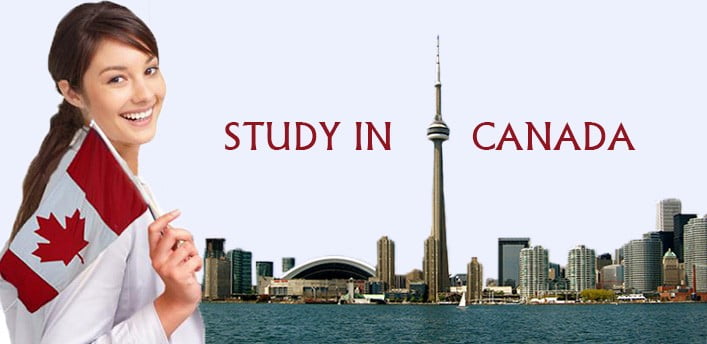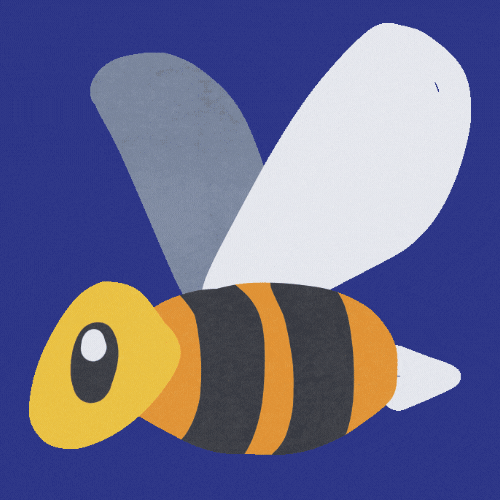
International students travelling to Canada are not required to apply for a study visa unless the programmes they are enrolled in are longer than 6 months. Acquiring a study permit does however have significant benefits to students, giving them permission to seek part-time employment on campus and since April 2006, off-campus, for up to 20 hours per week whilst they are completing their studies.
Under the Post-Graduation Work Permit Programmes, international graduates from Canadian higher education institutions are eligible to apply for employment for up to two years.
Canadian society is known to be one of the most diverse in the world with more than 200 nationalities represented by the Canadian student body. This multicultural environment is great cultural exposure for students who want to work in multinationals and develop more cultural sensitivity
Canadian tertiary education sector secures a huge amount of government spending, which ranks the country amongst the top OECD (Organisation for Economic Cooperation and Development) nations in terms of state backing for higher education
In Canada, a student is eligible for a work permit after finishing their studies, which allows them to work in the country for the same duration as their program.
The top ten universities for international students in Canada are:
- University of Toronto
- McGill University
- University of British Columbia
- Université de Montréal
- McMaster University
- Western University
- University of Calgary
- Queen’s University
A college is a post-secondary educational institution that, with some exceptions, does not confer degrees. Instead, they usually issue certificates and/or diplomas as a conclusion of their programs. When compared to universities, college programs are more immediately career-oriented. Language training is a common course offered by colleges to increase a person’s abilities and employability. A college graduate could undergo hands-on, practical training in a marketable skill, such as graphic design or cooking.
Let’s compare the types of study programs in Canada after graduation
Basis | Post-graduate (PG) Diploma | Masters |
Meaning | A post-graduate qualification (usually vocational) which imparts specific skills and practical knowledge in the chosen field | Thesis-based programs at a post-graduate level that aims to train students to conduct independent research in the chosen field |
Duration | These courses range between 1-2 years | These degree programmes usually range between 1.5-2 years. But, can extend to three years for specific courses |
Fees | The tuition fees for the course is approx. $20,000 per year* | The tuition fees for the course is approx. $30,000 per year* |
Post-study work visa | One-year of a PG Diploma course leads to one-year of work visa | Two-year master’s degree le |
Let’s compare the types of study programs in Canada after graduation
Basis | Post-graduate (PG) Diploma | Masters |
Meaning | A post-graduate qualification (usually vocational) which imparts specific skills and practical knowledge in the chosen field | Thesis-based programs at a post-graduate level that aims to train students to conduct independent research in the chosen field |
Duration | These courses range between 1-2 years | These degree programmes usually range between 1.5-2 years. But, can extend to three years for specific courses |
Fees | The tuition fees for the course is approx. $20,000 per year* | The tuition fees for the course is approx. $30,000 per year* |
Post-study work visa | One-year of a PG Diploma course leads to one-year of work visa | Two-year master’s degree leads to three-years of work visa |
Scope | These courses are more specific to the field | The structure of a degree program covers a wide spectrum |
Undergraduate credits | The colleges require three to four-year undergraduate degree | Most universities require a four -year undergraduate degree |
Offered by | These are offered by community colleges and few universities | Offered by universities and also includes a combination of course work and research |
*Indicative
To get admission into a postgraduate study program in Canada, you’ll need to fulfil certain academic and other conditions as required by the institution you are applying to. Most common requirements include:
- Bachelor’s degree:Undergraduate degree or equivalent from a recognised educational institution
- Work experience: One to two years of work experience to gain an entry into a Canadian university or college for a post-graduate course
- English language proficiency: Proof of English proficiency such as IELTS with a minimum band of 6 overall
- GMAT or GRE: Graduate Management Admission Test (GMAT) score to pursue an administrative or specific business program such as an MBA, Master of Finance, etc. For some specific study programs, you might need to clear the Graduate Record Admissions (GRE) test. However, the main parts of both tests are quantitative aptitude, verbal reasoning, and analytical writing skills
There are two major intakes for admission to a postgraduate degree in Canada i.e., fall intake which starts in September and winter intake which starts in January. However, the deadlines for each intake may vary from institution to institution.


